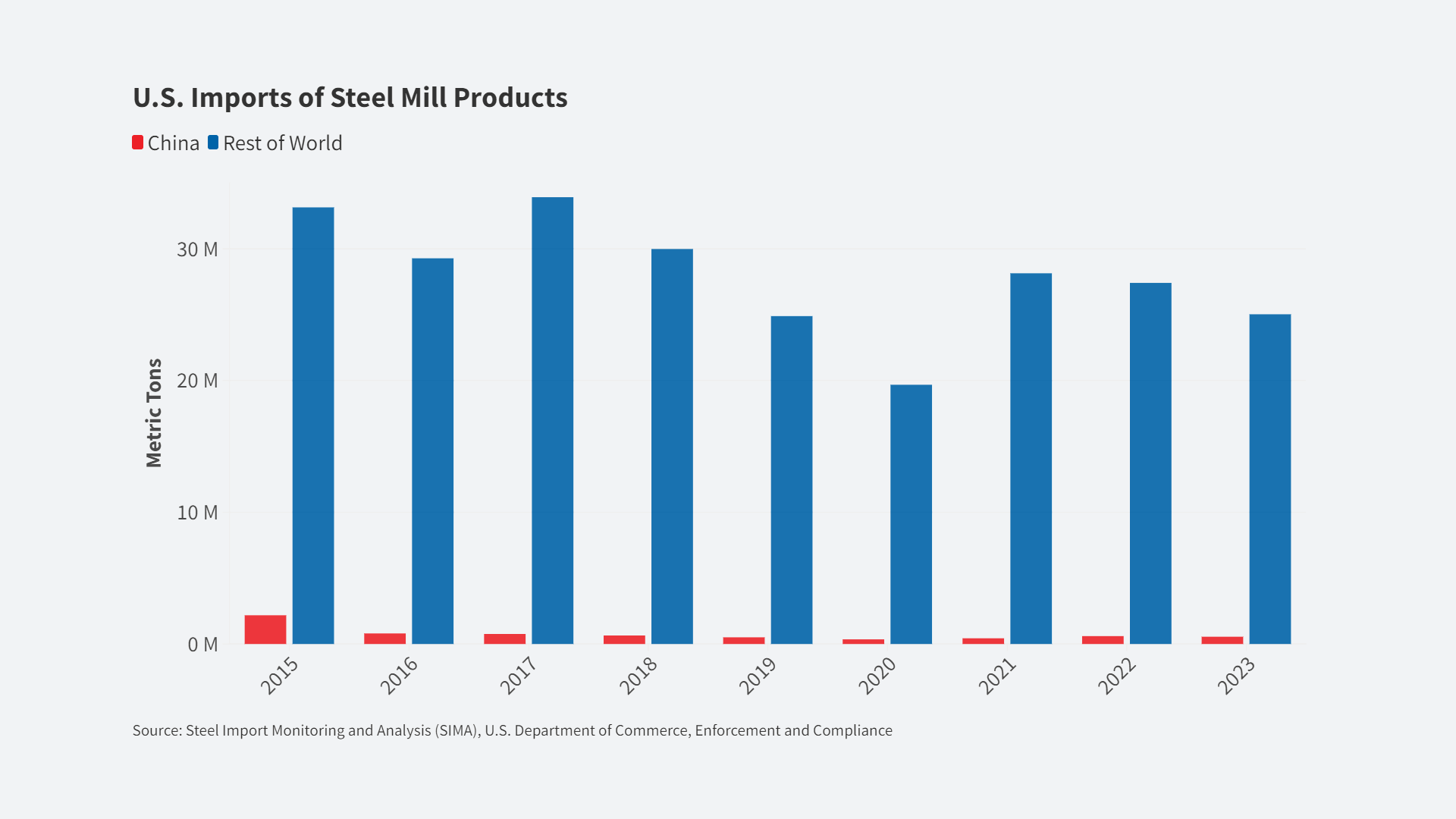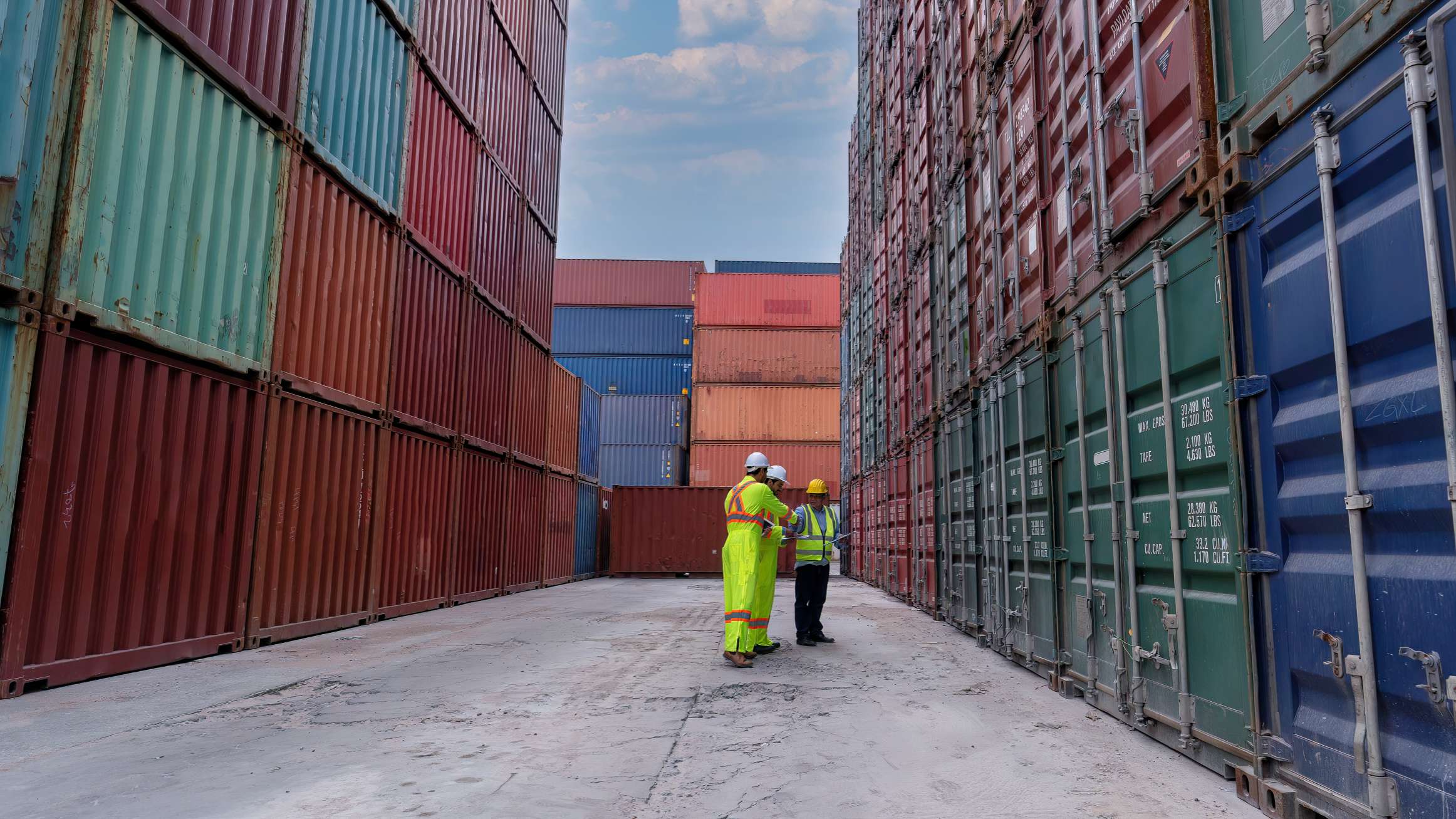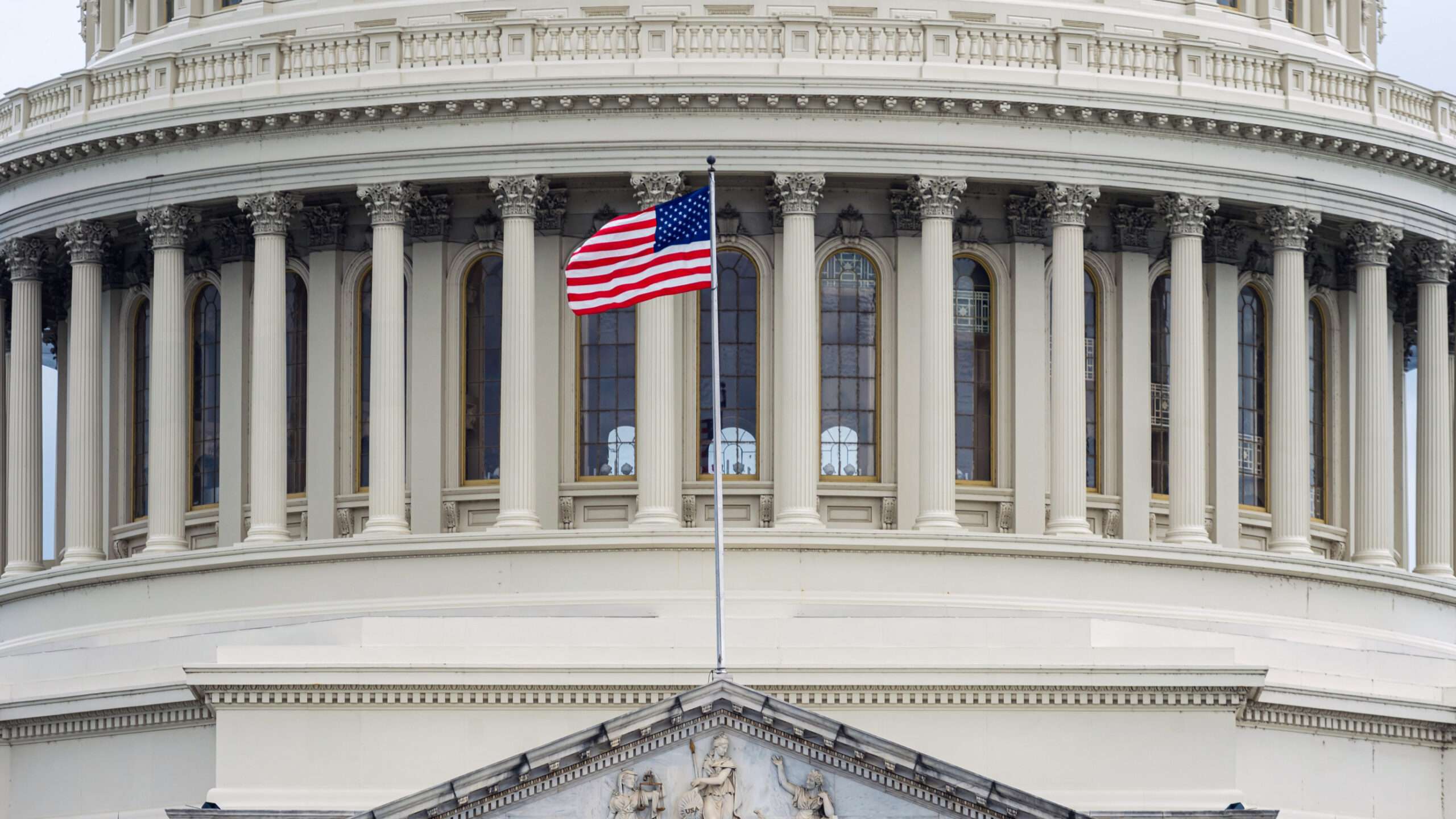
Hillary Clinton hardened her stance against the Trans-Pacific Partnership agreement Saturday in a last-ditch effort to prevent Democratic rival Bernie Sanders from riding a wave of populist anger to another victory Tuesday in a key industrial state.
[Doug Palmer| March 12, 2016 |Politico]
Her comments at a Youngstown, Ohio rally ratcheted up her criticism of a deal she once backed as secretary of state and are the latest assault on the pact by candidates of both parties seeking to harness voter backlash against free trade.
That backlash is helping to propel the populist candidacies of both Sanders and GOP front-runner Donald Trump and threatening congressional approval of a landmark Asia-Pacific trade deal that President Barack Obama hopes to get done before leaving office.
The rhetoric of the 2016 presidential campaign has effectively weaponized free trade, turning it into a proxy for corporate greed, in Sanders’ critique, or for government incompetence and politicians who put the interests of corporate contributors over those of everyday Americans, in Trump’s.
And those attacks have galvanized anxious working- and middle-class voters.
“It’s all about jobs, wages and economic insecurity,” said former Labor Secretary Robert Reich, a Sanders supporter. “It has a special resonance in the Rust Belt, but much of America has turned against trade in recent years, as median wages have stagnated or declined. Obviously trade isn’t the only culprit. Technological changes has also been taking away good jobs. But trade is easy to understand.”
Part of Clinton’s strategy is to inoculate herself against further attacks from Sanders, who won an upset in Michigan last week by hammering “the real cost of Hillary Clinton’s free trade policies.” To counter that, she criticized auto provisions in the 12-nation pact, saying they would allow Japanese cars and trucks to qualify for duty reductions even if more than half of the parts are made in China or other countries that are not part of the pact.
Sanders hopes to draw blood against in Ohio, another industrial battleground where unions blame the 22-year-old North American Free Trade Agreement for tens of thousands of lost manufacturing jobs. The Vermont senator on Friday picked up the endorsement of Rep. Marcy Kaptur, an Ohio Democrat who also has been a fierce critic of the North American Free Trade Agreement and the proposed TPP pact.
Clinton, meanwhile, has the backing of Sen. Sherrod Brown, another Ohio Democrat who led the fight last year against a bill to allow the president to “fast track” the Trans-Pacific deal through Congress without any changes.
All that’s par for the course in a Democratic nomination race. Eight years ago, Clinton and Obama both promised to withdraw from NAFTA in order to force Mexico to renegotiate the pact. Clinton also vowed “a time-out” on new trade agreements. More startling for free-trade advocates is how Trump has punched holes in decades of GOP advocacy of trade agreements.
Tapping into the same vein of working-class angst as Sanders, the New York businessman has opposed the Trans-Pacific pact and inveighed against offshoring, outsourcing and all the ways that white and black working-class voters feel stomped on by globalization.
“Trade deals are absolutely killing our country,” Trump said during last Thursday night’s GOP debate in Florida. “If you look at the average worker over the last 12 years, their salary and pay have gone down, not up. It’s gone down. And I think that’s why there’s been such an outpouring of love to what I’m saying.”
Free trade advocates say such arguments play to voters’ ignorance.
“There are always winners and losers in trade deals, but the losses tend to be short-term and specific while the gains are usually long-term and diffuse,” said Bill Reinsch, president of the National Foreign Trade Council, which has been a driving force for trade liberalization for over 100 years.
While trade deals create jobs, he said, the people getting the new jobs are different from those who lose them. “So you’ve got a growing mass of cranky, alienated voters.”
A Pew Research Center poll last year found more support for trade agreements, including the Trans-Pacific Partnership, among those who identify as Democratic rather than who identify as Republicans, though voting in patterns in Congress are exactly the opposite. That’s most likely because Democrats rely on unions, who hate trade agreements, for campaign funding, while Republicans look to the business community, the driving force behind trade pacts.
“It’s almost like there’s a reckoning coming due here,” said Daniel Ikenson, director of the free market-oriented Cato Institute’s Center for Trade Studies. “The base of the Republican party is really growing increasingly skeptical of trade and Trump is the perfect demagogue to tap into that sentiment and magnify the concerns.”
A more recent survey paid for by Americans for Limited Government, a conservative group opposed to TPP, also found weaker support for the agreement among Republicans and independents than among Democrats, although on initial questioning, 51 percent of respondents said they didn’t know enough about the pact to have an opinion and another 11 percent were undecided.
U.S. business groups say the opposition of presidential candidates will make it harder to pass the Trans-Pacific Partnership this year and they’re “doubling down” on their own efforts.
“It can be done and it will be done, because at the end of the day, it’s in our nation’s interest and I think members of Congress understand that,” Myron Brilliant, executive vice president of the U.S. Chamber of Commerce told POLITICO.
“We’re very, very motivated and we represent millions of voters with our workers around the country,” said Kathryn Karol, head of Caterpillar’s construction manufacturer’s Washington office. “We are charged up to get out there and get it passed this year. We’re doing everything we can to make sure this is front and center in Congress.”
Still, a Republican-led Congress that five years ago eagerly approved trade deals with South Korea, Colombia and Panama is hesitating over the TPP pact – not because party leaders oppose free trade, but because they are unhappy with some of the provisions the Obama administration negotiated.
As a consequence, no leading Republican on the presidential campaign trail or in Congress is pushing for the TPP – an almost unprecedented situation given that nearly every existing free trade agreement was originally negotiated during the administration of a Republican president.
“I think people are sad about that and disappointed,” said Reinsch of the trade council. “I think a lot of companies are sitting on their investment plans, waiting to see what happens.”
Long-time free trade advocates also note that presidents who railed against trade on the campaign trail take a different view once they’re in office.
Obama is a case in point. He went from threatening to withdraw from NAFTA, to pushing to win approval of three trade agreements left over from George W. Bush, to negotiating the biggest free trade agreement so far in U.S. history.
“The pro-trade forces have a way of getting way behind the anti-trade forces politically,” said Greg Mastel, a former Senate Finance Committee aide. “But they also have a way of coming back and ultimately prevailing.”
Follow us: @politico on Twitter | Politico on Facebook













